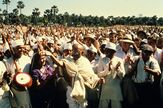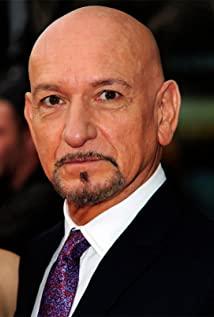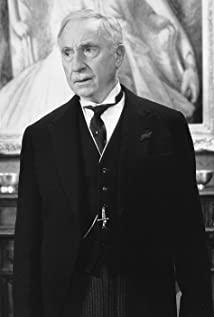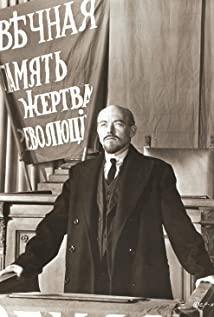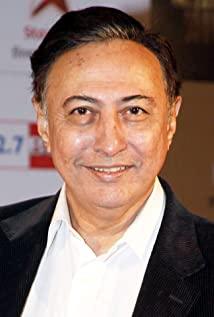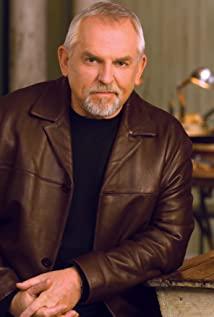A person's life cannot be told in one story, nor can it be told in one movie. But in two or three hours of light and shadow, it is enough to experience the life of another person and have an emotional resonance.
In essence, biopics have no obligation to be absolutely faithful to the facts, nor to fully restore history. As a creative work, it can be explored and discovered, and more digging and expanding in depth and breadth. As a biopic of Mahatma Gandhi, "Mahatma Gandhi" closely links personal growth with national movements, nation-building, and era changes, and in the interaction presents the vast process and turbulent picture of India's pursuit of independence.
As a "representative of human conscience", Gandhi was a great pioneer of non-violence and non-cooperation. He advocated fighting the knife with spirit and fighting guns with faith, which profoundly influenced the national liberation movement and the civil rights movement.
Non-violence and non-cooperation can suppress mob impulses and political passions in the face of a mob; in the face of a democratic government, it can exert silent pressure and demonstration effects. But in the face of a dictatorship and violent institutions, non-violent non-cooperation will probably only be a spiritual victory of wishful thinking. After all, Gandhi advocated mass suicide of Jews during World War II to evoke the humanity of the Nazis and public revulsion against Nazi atrocities. When Japan launched the war of aggression against China, Gandhi advised the Chinese not to resist and let the Japanese army kill at will, thinking that Japan would naturally "become the slaves of the Chinese".
Therefore, it is not only the current situation that makes a hero, but also the hero's opponent.
View more about Gandhi reviews





